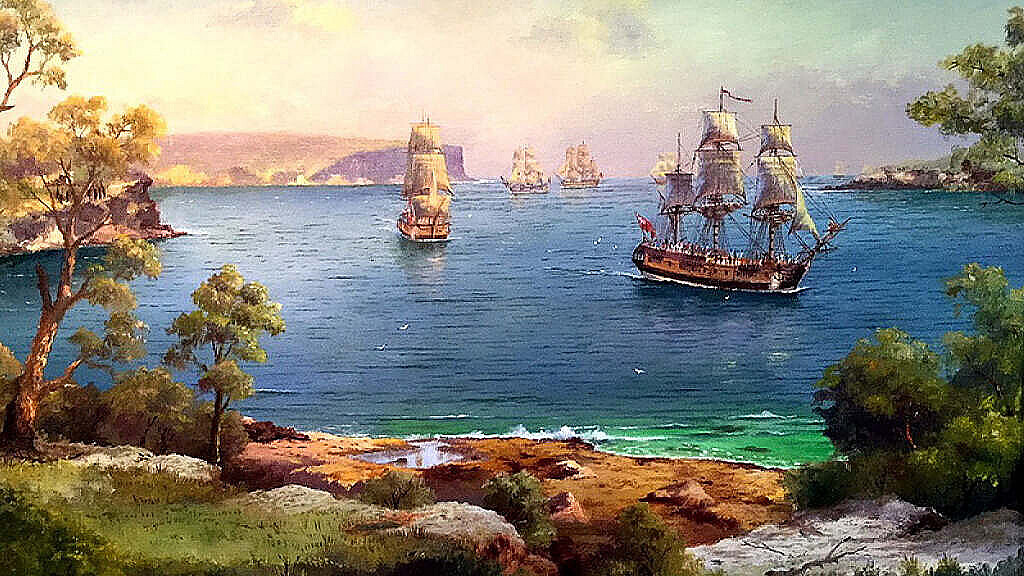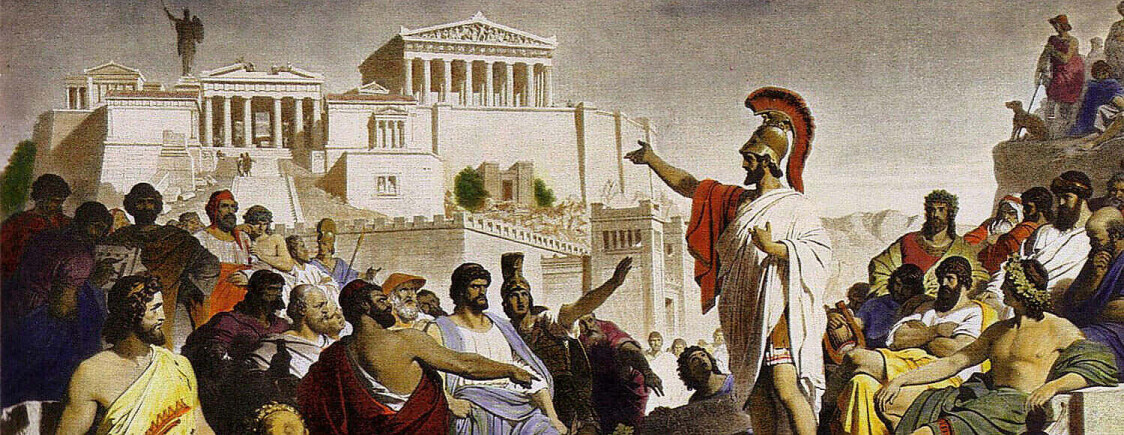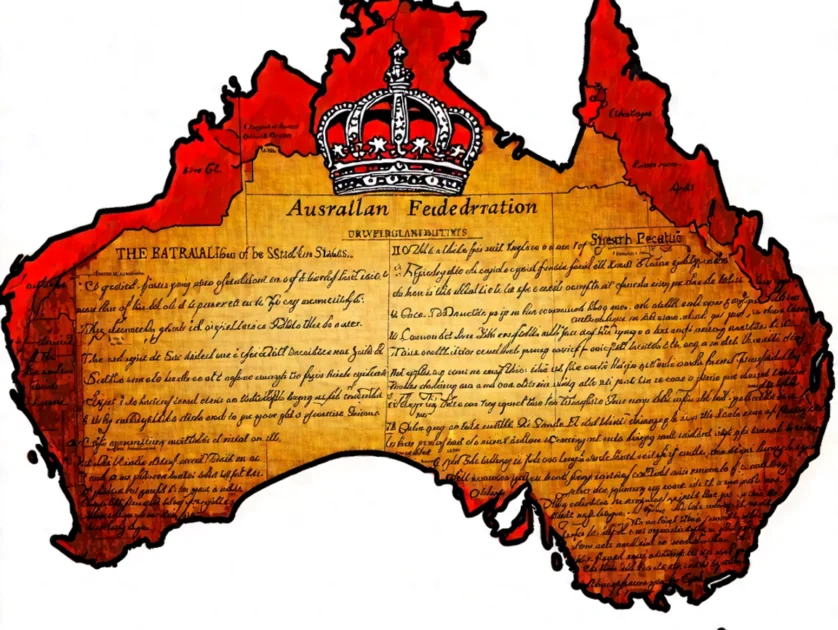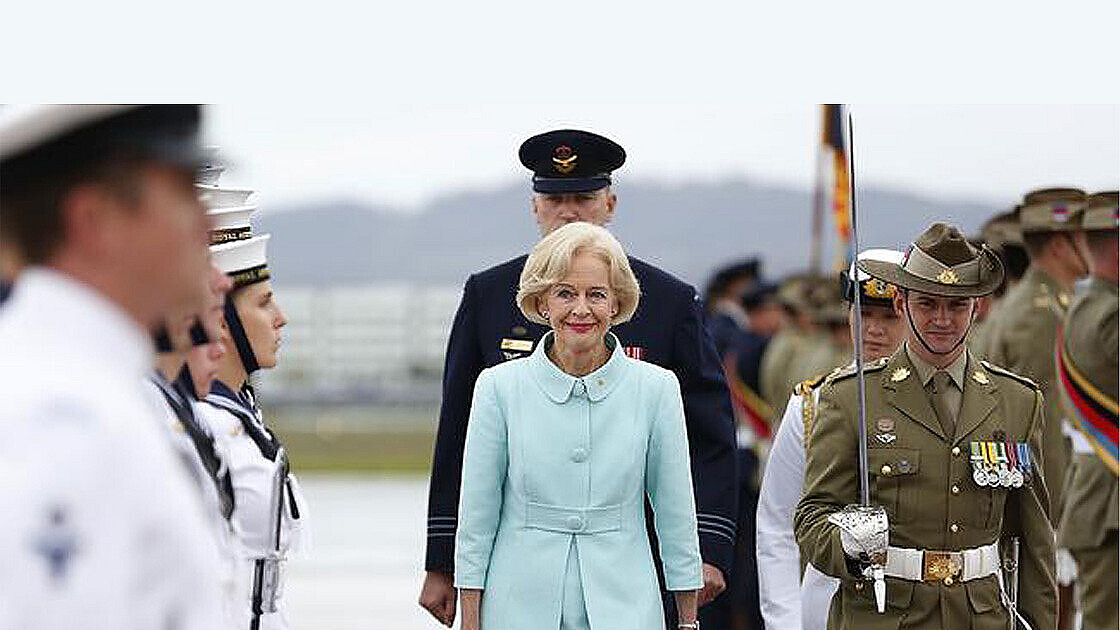They Did Not Come Alone

By: Professor David Flint AM The First Fleet was that extraordinary venture when, under the command of Captain, later Admiral Arthur Phillip, eleven ships sailed from Portsmouth on May 13, 1787, with about 1487 people to establish the first European colony in Australia. They did not come alone. Captain Phillip did not only bring people and provisions – he brought institutions which are with us today and which have made this nation. Those institutions – and the concepts and ideas behind them – are not the property of the Anglo-Saxons of Australia, to the extent that there are still people whose lineage over the last two hundred and twenty-three years can be described as pure Anglo-Saxon. Just as in the USA, these are the institutions, concepts and ideas which belong to all Australians, whenever they or their ancestors came to this land, wherever they came from and whatever their race. […]
Insight

The school-based speaking competition’s expansion to almost every state in Australia was a significant development that empowered students to showcase their remarkable skills. Each student delivered an impressive, meticulously researched speech and presented with passion. They captured the attention of live audiences and revealed that their knowledge of the Australian system of government and constitutional arrangements was almost non-existent. The students felt that this speaking competition was a truly transformative, worthwhile experience. The invaluable resources provided by this site were instrumental in helping participants prepare for their speeches and gain a deeper understanding of the Australian Constitution. The wealth of high-quality content presented on these websites was neatly organized and easily accessible, providing participants with the tools to hone their public speaking abilities. Participants could unlock their full potential and achieve their goals with these resources.
Ten Principles of Freedom

NATIONAL OBSERVERAustralia’s independent current affairs online journalNo. 83 By Professor David Flint AM To be free and to enjoy that freedom, man must live in an ordered society. We cannot live in a state of anarchy or a state of nature where, as Hobbes famously put it, life would be “solitary, poor, nasty, brutish, and short”.[1] An ordered liberal society allows mankind to lead a full life. This was recognised eloquently by the Founding Fathers of the United States when, believing that their rights as Englishmen were being denied, they declared: “We hold these truths to be self-evident: that all men are created equal, that they are endowed by their Creator with certain unalienable Rights, that among these are Life, Liberty and the pursuit of Happiness.”[2] For longer than most people, Australians and New Zealanders have lived in a liberal society ordered by democratic institutions whose members are elected under […]
The Future of Our Federation: in safe hands?

“Never before have a group of self-governing, practically independent communities, without external pressure or foreign complications of any kind, deliberately chosen of their own free will to put aside their provincial jealousies and come together as one people, from a simple intellectual and sentimental conviction of the folly of disunion and the advantages of nationhood… the Australian Commonwealth, the fifth great Federation of the world, came into voluntary being through a deep conviction of national unity…” Founding Fathers Sir John Quick and Sir Robert Garren. “We need a new vision splendid,” argued Australian Democrat Senator Andrew Murray recently. He said that our political and social contract is under serious strain, and not just because the Commonwealth has the money and the states want to spend it. He believes that some of this strain comes from our “creaking constitution and institutions” and the consequent need to modernise our governance. He also […]
The Head of State Debate Resolved…

The principal argument advanced in the current campaign for a change to a republic is that the Head of State should be Australian; constitutional monarchists reply that we already have an Australian Head of State in the Governor-General. A hitherto overlooked High Court decision provides the key to resolving this dispute. This campaign is the fourth significant attempt to create an Australian republic. The first was to establish a white racist republic in the nineteenth century, free of the immigration policy of the British Empire. This faded away with the movement to the Federation, with the Commonwealth of Australia being endowed with an express power to establish a national immigration policy. The second and longest campaign was to create a communist state similar to the East European Peoples’ Republics established after the Second World War. Its proponents never made the slightest impact in Australia electorally, notwithstanding their control of several […]
